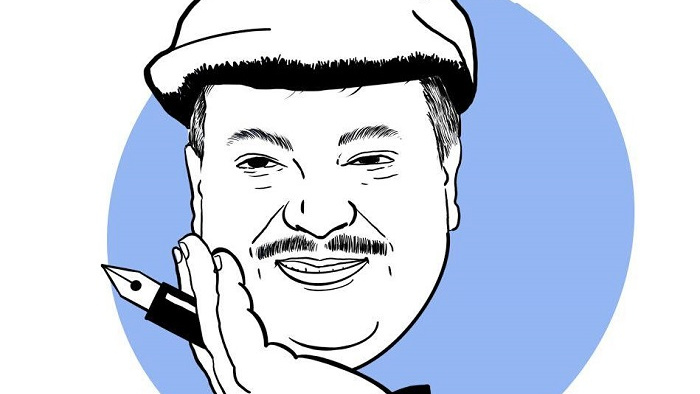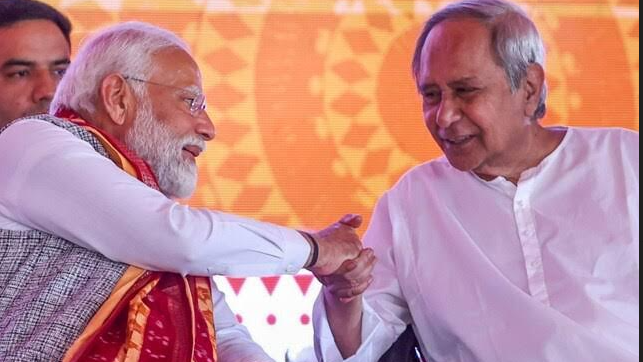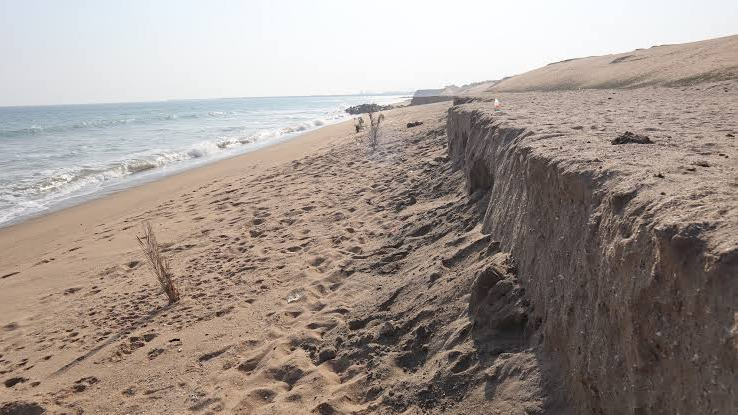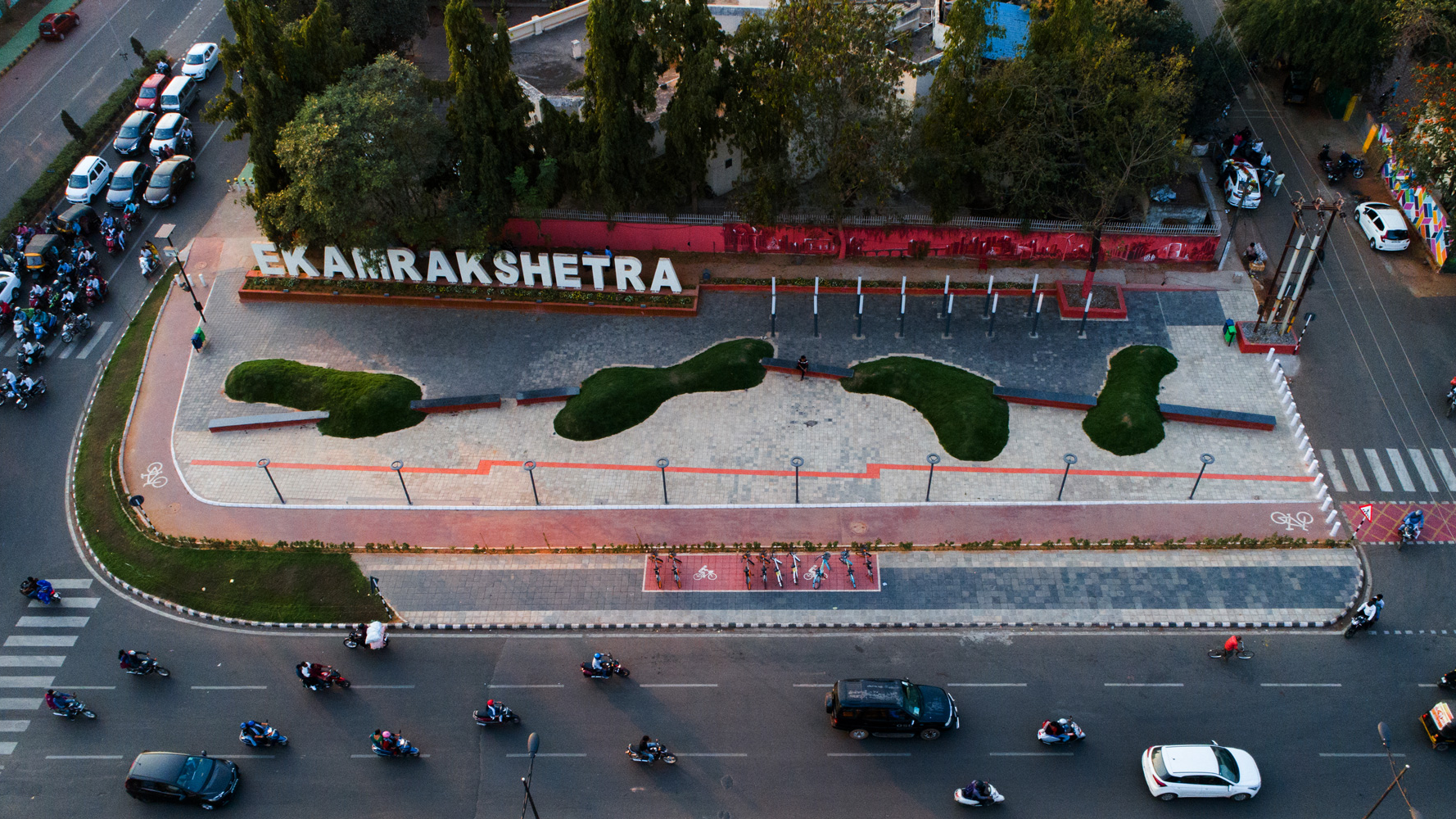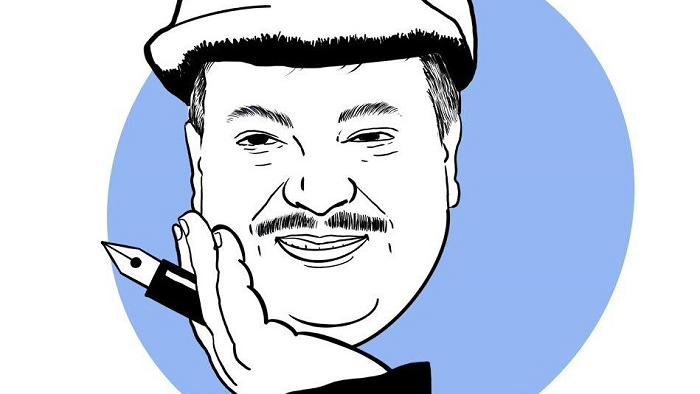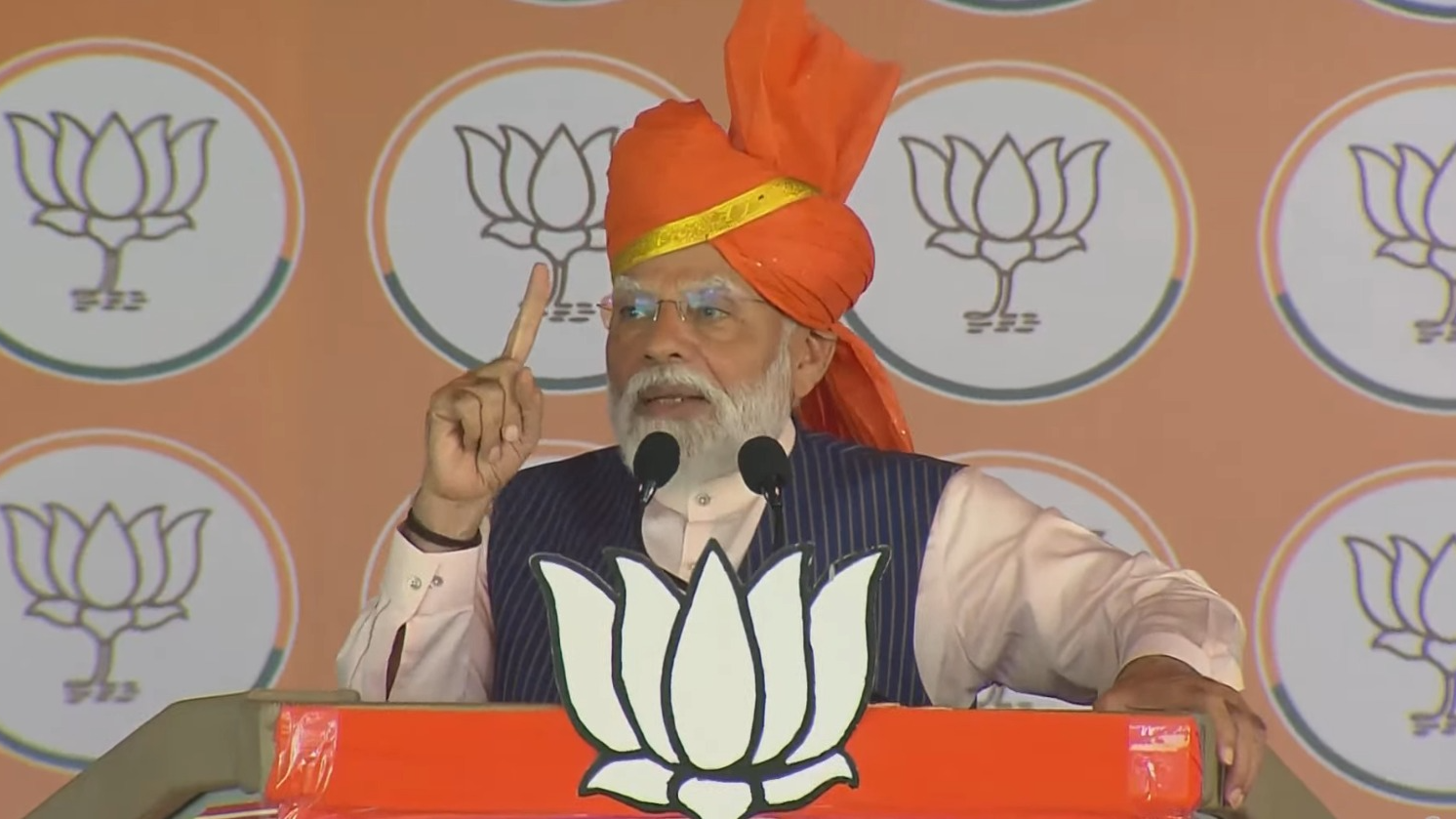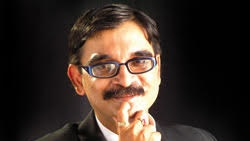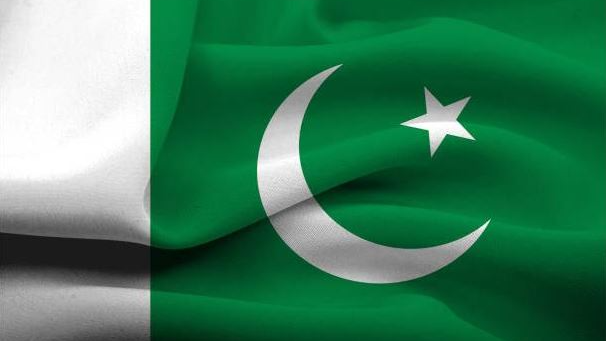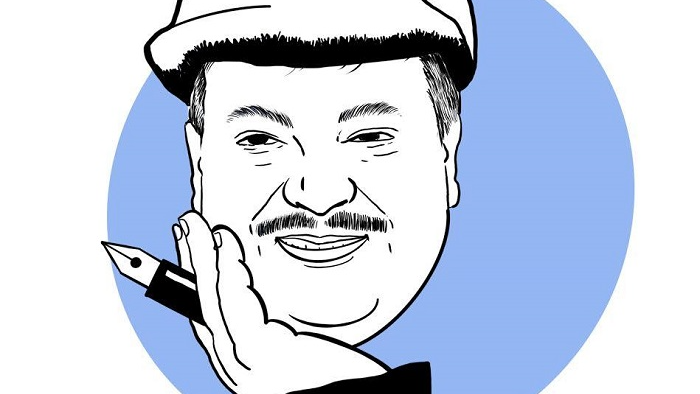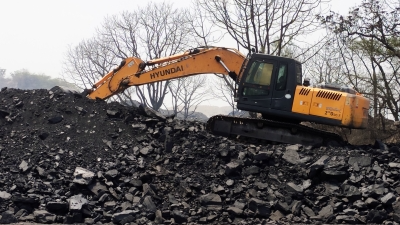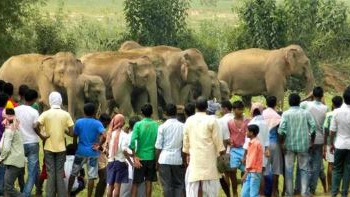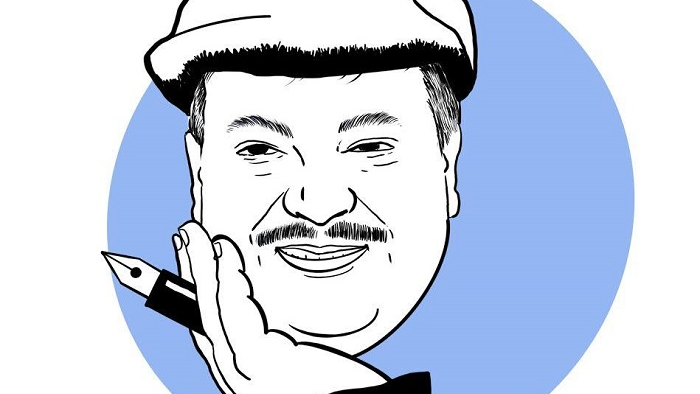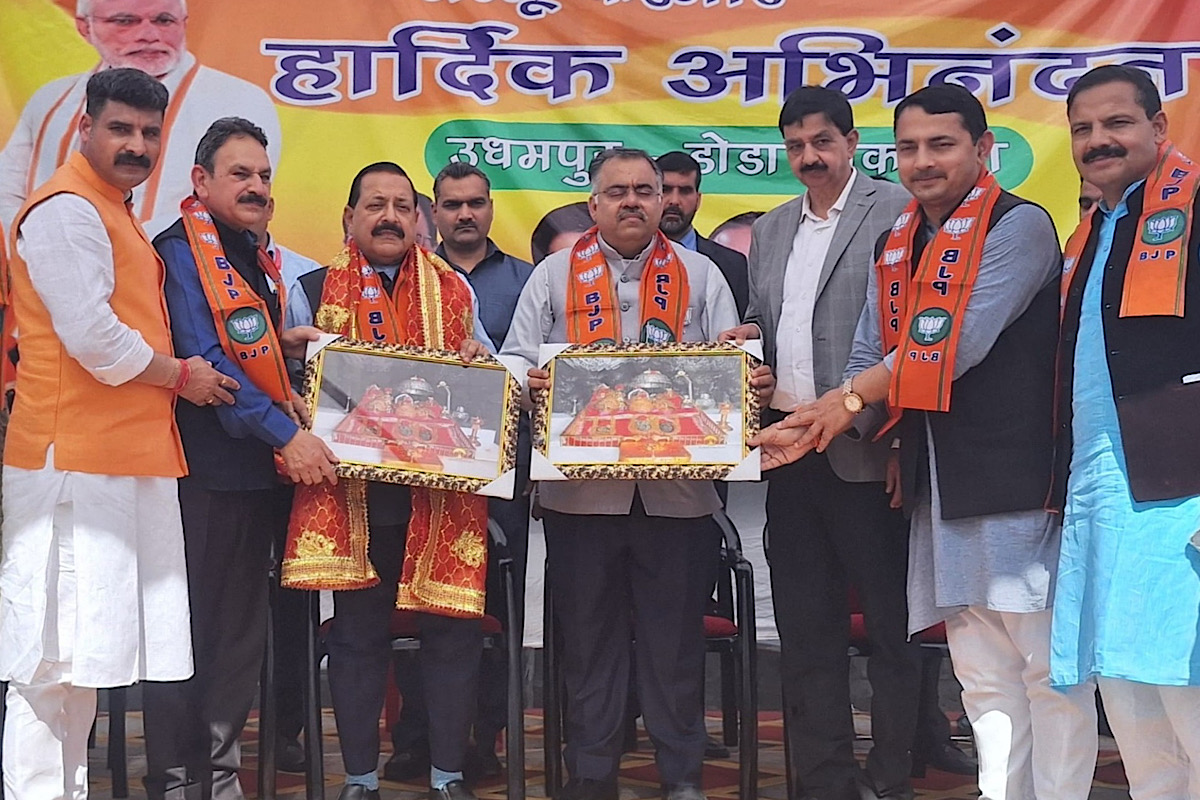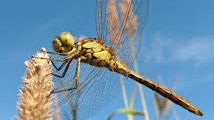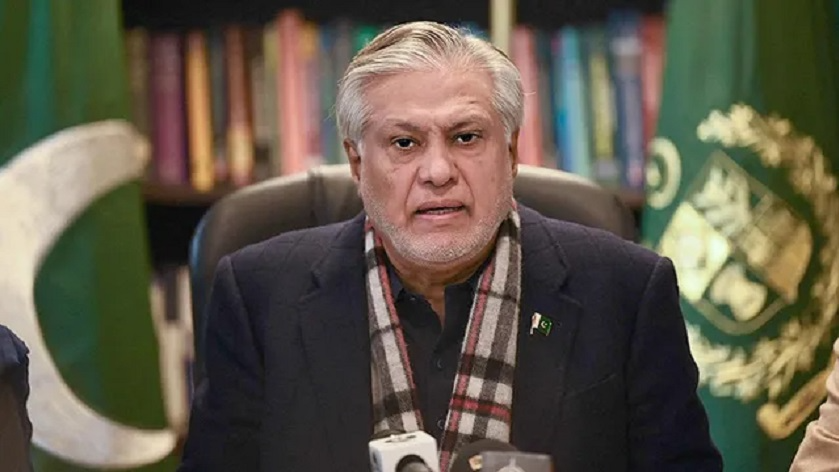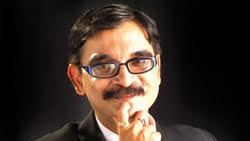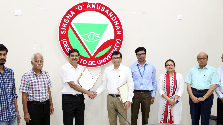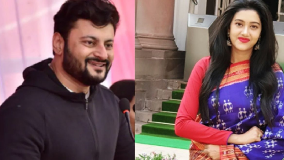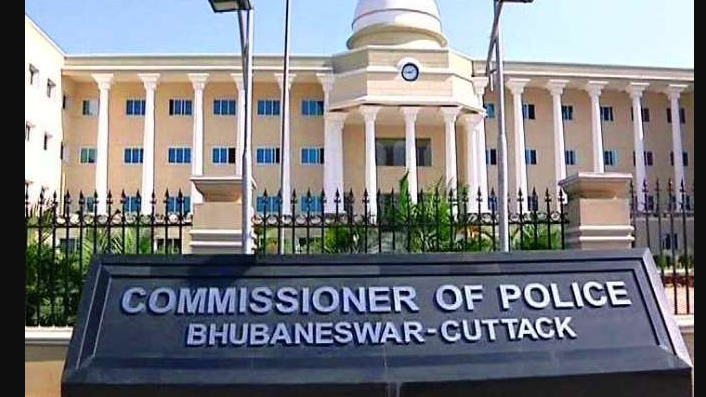20th anniversary of the Parliament attack and changing dynamics
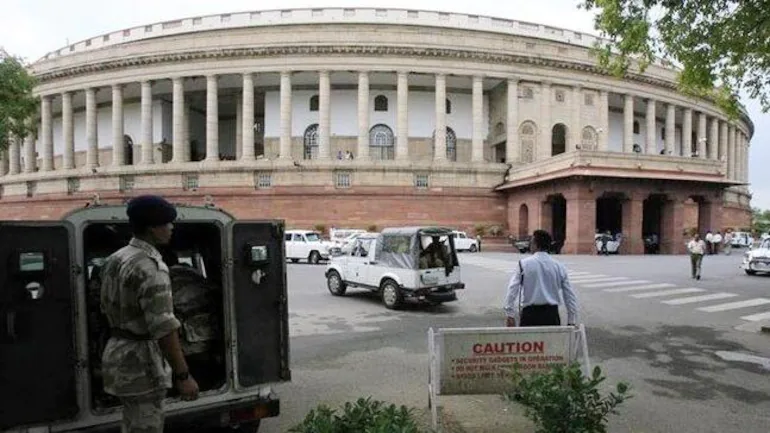
By Arun Joshi Twenty years ago, on this day – December 13, when terrorists mounted an assault on the Indian Parliament that could have spelled disaster had the brave policemen not made supreme sacrifice, changed the whole dynamics of the geostrategic challenges within the country and especially in relation to Pakistan. Now it is a different era. The attacks cannot be ruled out but the demonstration of the countermeasures that the Narendra Modi government took after the Uri attack in 2016 and the Pulwama terror attack in 2019, would make Pakistan think and rethink about sponsoring any such big-ticket terror assault on Indian soil of this scale. That is the change that has taken place since that attack – the Vajpayee government of the times looked to others for support and thereafter the UPA government could not gather the courage to challenge Pakistan, beyond rhetoric, even after 26/11. Despite, highs and lows in the Indo-Pak relations since then – the mobilization of Indian and Pakistani armies along borders with war clouds hovering, and followed by the opening of talks between Delhi and Islamabad before slipping again into an endless slide, the fault lines continue to dot the landscape. The way to tackle that has changed. That the attack on the Parliament came 82 days after 9/11, the western world that had invaded Afghanistan to punish al-Qaeda, the global terror network of Osama bin Laden, and Taliban of Mullah Omar, did not invoke the western outrage. It did not view it through the same prism with which it had understood and reacted to 9/11. The West has its own way of thinking and analyzing threats, depending on the geography and demography impacted by the terror attacks The plot to attack the Indian Parliament was jointly hatched by Jaish-e-Mohammad, the terror outfit, which came into being after India released three terrorists in exchange for its hijacked airliner IC 814 in December 1999 and Lashkar-e-Toiba, another deadly outfit, operating under the direct patronage of Pakistan. . One of the terrorists released in exchange of the hijacked passengers and crew of Indian Airliner IC814 was Maulana Masood Azhar , who founded the JeM, soon after his release. He is the one who had also orchestrated the terror attack in Pulwama in February 2019 from Pakistan. Looking back at the Parliament attack, it needs to be recalled that the terrorists had done a rehearsal in Srinagar, where they targeted the state legislative Assembly on October 1, 2001, leaving several dead, and the legislators were saved by the timely and brave action by J&K policemen. It should have given an idea that the terrorists would attempt something bigger, but things were left where they were. Kashmir was in the heart of the attack- the attackers ferried RDX and weapons from the Valley to Delhi, and one of the men involved was Mohammad Afzal, later convicted and awarded death sentence by the Supreme Court. He was executed on February 9, 2013. So, if the dots are connected, it presented a matrix of the plot- attack on the parliament, that could bring the Kashmir issue back into focus and put India in the dock. The dimensions of the attack, sponsored by Pakistan, were clear. Post 9/11, the mood in Kashmir had started changing – the All Parties Hurriyat Conference, the separatist conglomerate, scared of the impact of the terror assault on American soil and the subsequent invasion of Afghanistan, had changed its tune. It had started showing the distance from the military campaign launched by the terror groups, for it did not want Kashmir to be seen as an extension of global terror. On the other hand, Pakistan that had allied itself with America on the war on terror was also scared that its U-turn to the Taliban would undermine its campaign on the Kashmir issue. It wanted the K campaign to go on. Against this backdrop, it had the advantage that the west, in need of Pakistan’s support to neutralize al-Qaeda and Taliban, would not act against it. India came face to face with this hard truth, when the Americans and Britishers counseled India to show restrain and patience. Pakistan was never punished for the assault. At the end of the nearly-year-long eyeball to eyeball positioning of troops on the borders – coercive diplomacy – nothing came out. Pakistan continued to bleed India via Kashmir. The whole genre of the terror attacks, and terrorism hitting hard the countries like India needs to be studied afresh so that the possibilities of future attacks get eliminated. That would be the real tribute to the men who saved the Parliament and the Indian temple of democracy on December 13, 2001. About the Author: Arun Joshi is a senior journalist based in J&K. He has worked with Hindustan Times, Times of India, Indian Express, and The Tribune. He has authored “ Eyewitness Kashmir: Teetering on Nuclear War” and three other books. DISCLAIMER This is the personal opinion of the author. The views expressed in this write up have nothing to do with those of prameyanews.com
Latest News
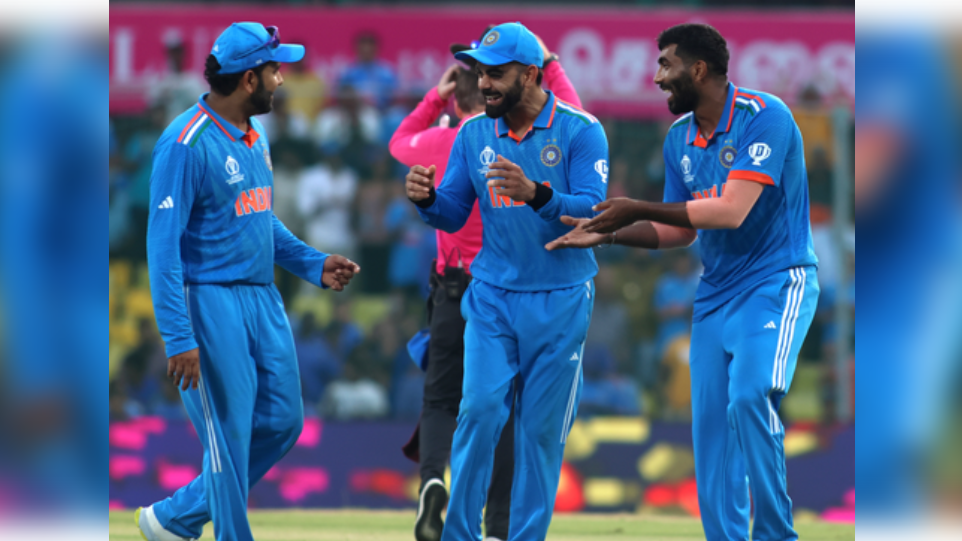
T20 WC 2024: Team India probable squad
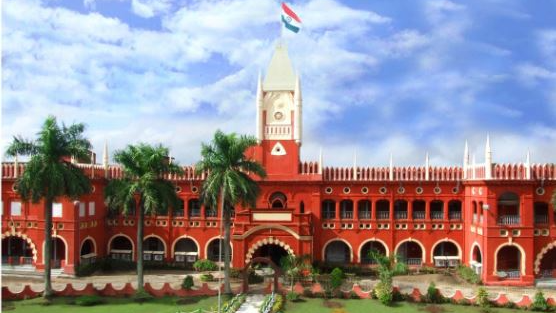
Orissa HC reserves verdict for April 29 on jun...

Back on court, Nadal outplays Blanch in Madrid...
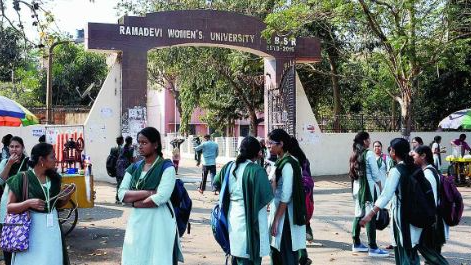
Students of Rama Devi Women’s University prote...
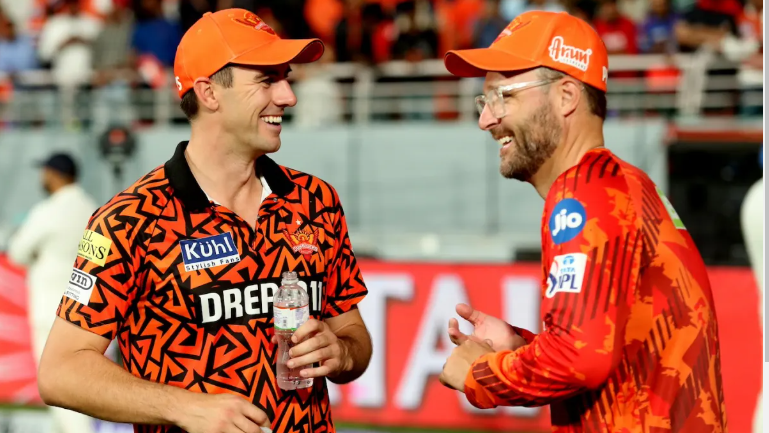
IPL 2024: Do chase better, Vettori advises SRH...

Two IPLs simultaneously in India!
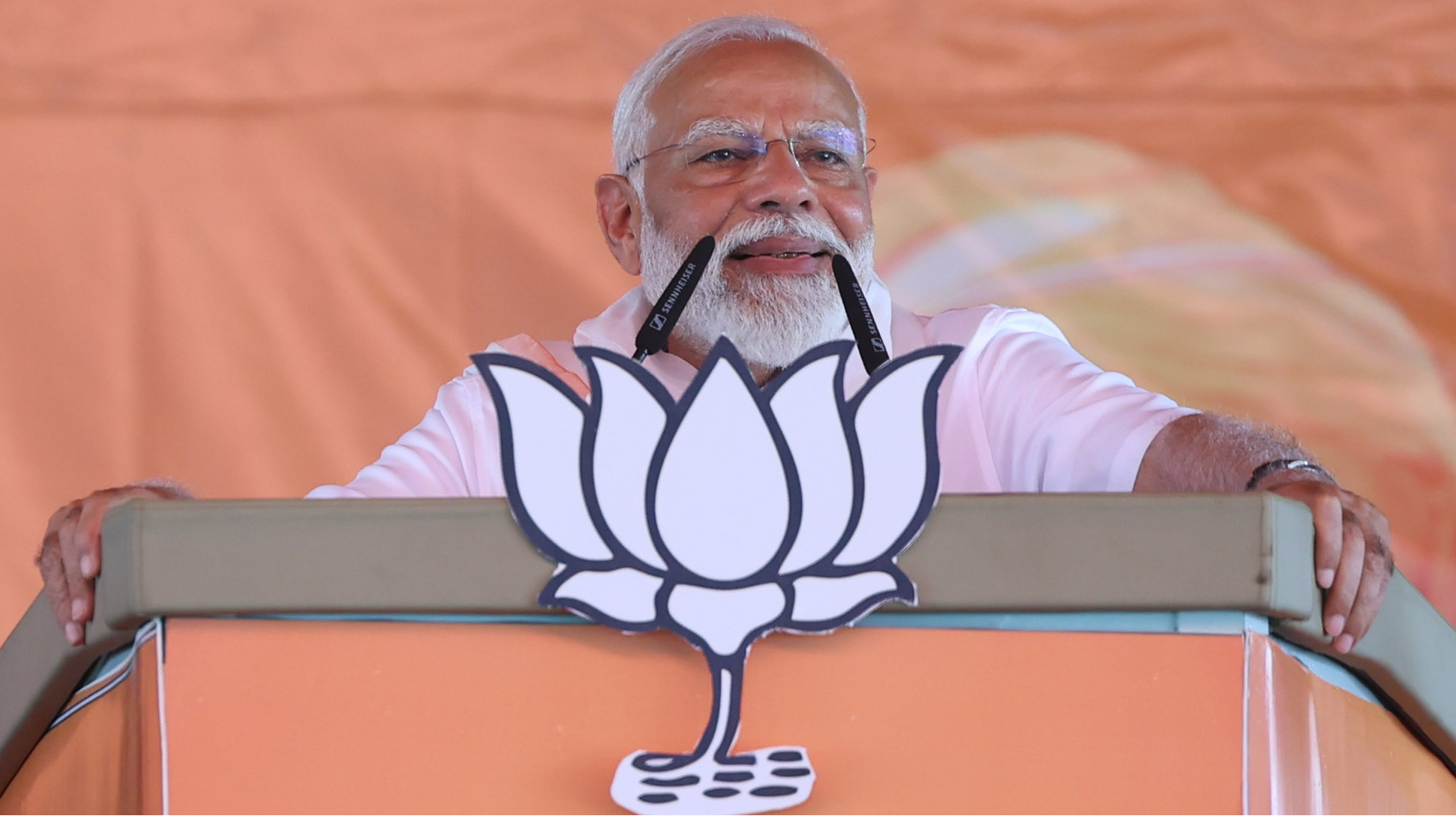
PM Narendra Modi blames Mamata government for...
Copyright © 2024 - Summa Real Media Private Limited. All Rights Reserved.









